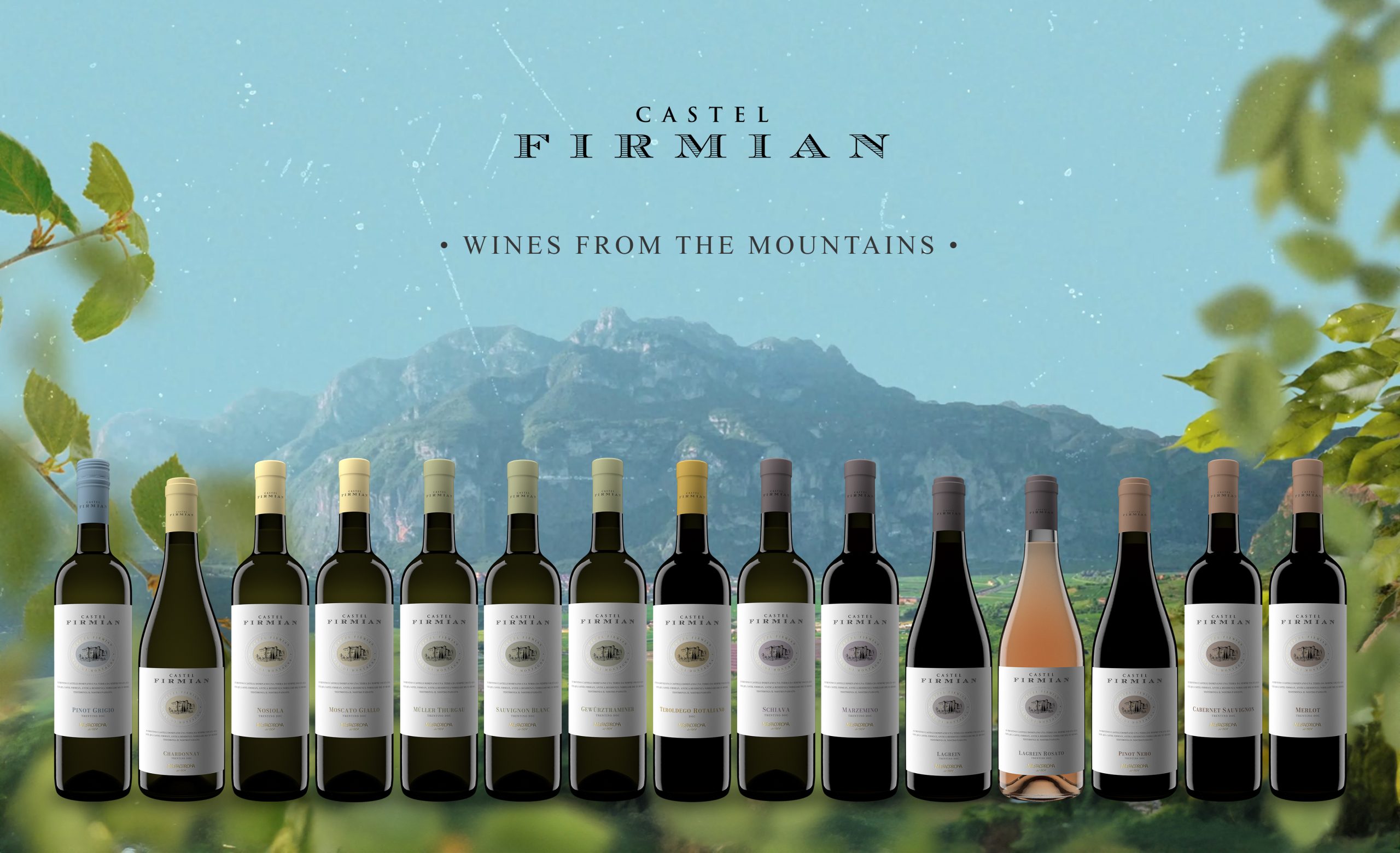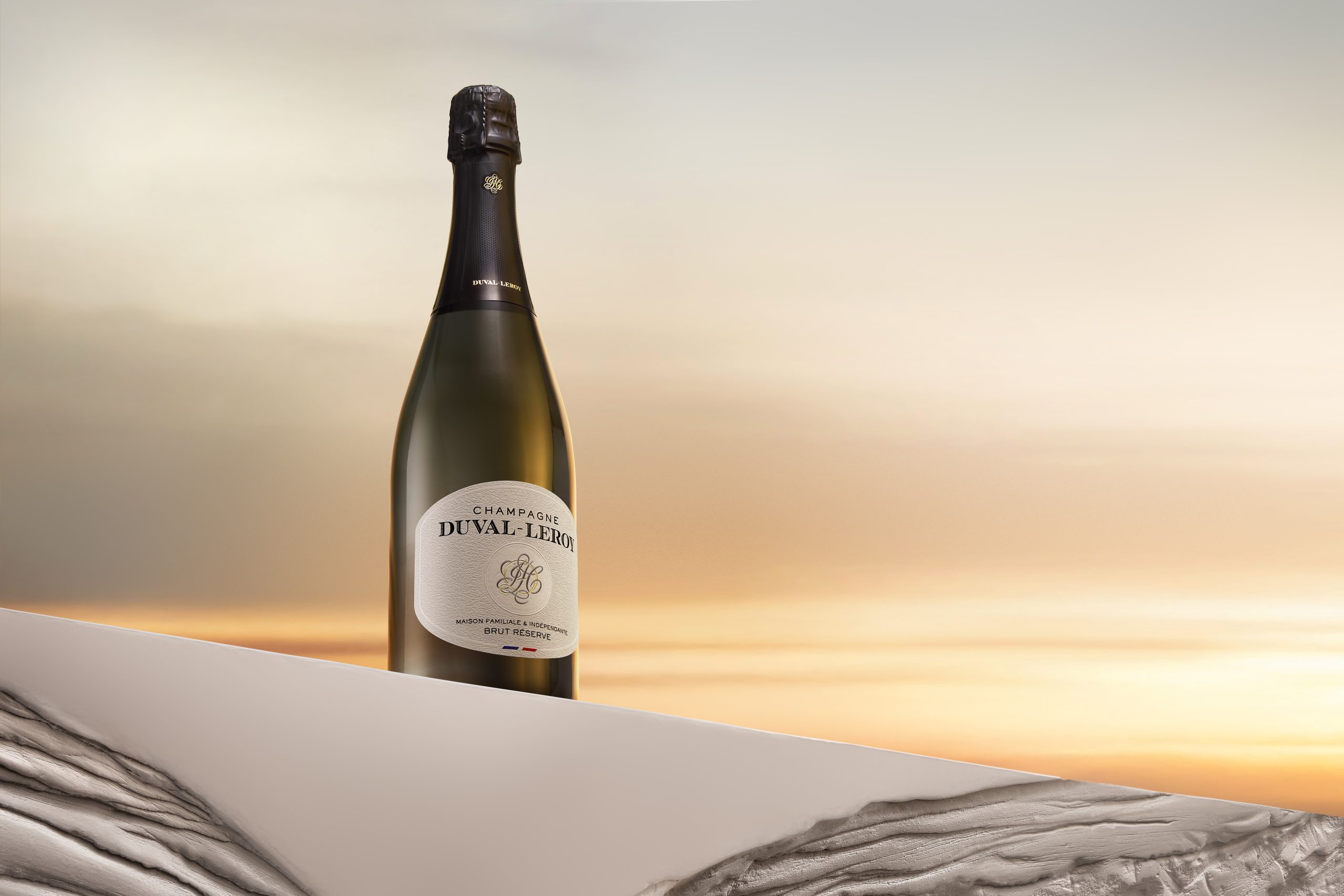Carbon produced by winemaking ‘five times more concentrated than planes’
The strength of the carbon emissions created during the wine fermentation process is ‘five times more concentrated than planes and cars’, according to UC Davis professor, Roger Boulton.
Speaking at the second international Sauvignon Blanc Celebration in Marlborough last month, the chemical engineering professor told attendees that the need for winemakers to capture their carbon emissions was one of the most pressing environmental issues facing the industry.
“Carbon footprints have been pushed into a corner. Winemakers have to measure their footprints, own them and be proud of them. The elephant in the room of the carbon world in wineries is fermentation.
“We should be capturing carbon in wineries so they become carbon neutral. Carbon from the winemaking process is five times more concentrated than planes and cars. A litre of juice produces 60 litres of carbon dioxide. Why aren’t we trapping it?”
“A single bottle of wine contains 80g of carbon dioxide. As a winemaker, if you want to be a serious leader in sustainability then you have to capture your carbon emissions – a good way to so this is to turn it into chalk,” he said.
Partner Content
Spanish wine giant Torres has been leading the way in developing technology that successfully captures and transforms the carbon dioxide created during fermentation via its CCR (Carbon Capture and Reuse) programme.
So far, Torres’ environmental team has carried out tests with eight different technologies offering alternative uses for the CO2 produced during fermentation. One such experiment uses organic compounds to capture CO2 to create a product that can be used in the paint industry.
Another has seen Torres explore the use of seawater electrolysis to generate a low carbon footprint basic solution that can be later used to capture CO2 in the form of inorganic carbonate, which can be stored safely on earth as a solid carbonate rather than escaping into the atmosphere.





The CO2 liberated during the fermentation is something completely different from the CO2 produced from burning fossil fuels. The plant takes CO2 out of the atmosphere during photosynthesis which is sequestered as sugar in the grapes, then turned into alcohol + CO2 during fermentation. There is resident carbon in the vines which forms the woody, permanent parts of the vines, not the canes, shoots or leaves, but cordons and trunk.
Taking out the woody parts of the vine, and any emissions from burning fossil fuels during the production & packing processes, the conversion from CO2 – Sugar – alcohol + CO2 is pretty close to being a closed cycle – carbon neutral.
Torres is doing an admirable job in all these efforts to capture this carbon, but let’s not blame the woes of the world on the wine industry.
Clearly there is no difference between CO2 wherever it is produced. Any chemist will tell you.
The CO2 produced during fermentation was previously taken from the air by the vine to form sugar. So the cycle is closed. In addition, a part of the vine remains bound in the long term in the form of wood growth.
So we should plant as many vineyards as possible. 🙂
This reporting is ludicrously misleading. Wine fermentation produces zero extra carbon emissions as the carbon released was sequestered from the environment in the few weeks leading up to winemaking (as CO2 from the atmosphere, converted to sugar through photosynthesis), so it is a carbon neutral process. What the professor is suggesting is that the high concentration of CO2 in the winery environment at fermentation makes it a good candidate for carbon capture if you want to reduce your overall carbon footprint. To be clear: fermentation does not put any new carbon into the environment at all, but it is a good opportunity to do the world a favour and take some out. Your reporting suggests that fermentation adds CO2 to the environment, which it doesn’t.
Perhaps you should understand all CO2 has been sequested at some stage . Are you saying coal cannot be treated the same as sugars from grapes? It is all CO2 .
Than you. Now I understand
I agree with both of the above comments. However, as I have written many times, not capturing carbon dioxide from fermentations has always seemed pretty crazy, especially when wineries are buying in cylinders of it. And as for those producers who claim to be carbon neutral by simply buying credits, well it’s easy to feel righteous when your customers fund you to ‘offset’ your emissions!
CO2 is good for plants and good for the environment. If you do some chemistry you’ll find CO2 has almost nil capacity to store and release heat (ir) AND IS ONLY 0.41% OF THE AIR. AS SUCH IT HAS VIRTUALLY NO IMPACT ON CLIMATE AS WITNESSED BY THE HISTORICAL RECORDS (ICE-CORES) GOING BACK 100S OF MILLIONS OF YEARS. As the sun heats the planet in cycle,s CO2 is released (water holds twice the CO2 at Zero C as it does at 30C so oceans put the vast majority of CO2 into air). Heating releases Co2 to atmosphere, and heating (sun) drives the atmospheric CO2 level.
Go for it winemakers, keep doing good by putting as much plant loved CO2 into the air as you can.
And please everyong read some science books rather than just listening to media propaganda. Try Prof Ian Plimer or Prof Bob Carter to learn about CO2 and climate.
Whilst I am pleased that the original researcher is responding to comments here it is still a very misleading headline. I’ll repeat my point for clarity – burning fossil fuels generating CO2 is not in the same league as liberating carbon from plants from fermentation. Whatever Torres or whoever else does afterwards is not really an issue as at worst wine fermentation is carbon neutral. Carbon capture is another matter entirely.
I think Richard Smart just accuses me of being a mole for Monsanto or something
Well put stiletto.
B-b-b-but the plants are taking care of Carbon Dioxide removal! Therefore, it makes perfect sense to create more during wine fermentations because, after all, plants removed CO2, right? The logic of this is confounding IMO.
Prof Ian Plimer is a mineral mining geologist and is not an atmospheric scientist. Further, his ideas are not scientific and easily rejected: https://www.skepticalscience.com/skeptic_Ian_Plimer.htm
Prof Bob Carter was a marine geologist (he died in 2016) and his work is also discredited: https://skepticalscience.com/Bob_Carter_arg.htm
These gentlemen are part of the small group of scientist who attempt to obfuscate the settled science of climate change and who deny the dominant role of CO2. Typically, these folks have ties to the mining and/or fossil fuel industries and do not have the scientific background for commenting on complex atmospheric science.
So Professors of complex earth sciences ‘ do not have the scientific background for commenting on complex atmospheric science.’ ? WOW! So you prefer economists and computer gamers. And then ‘the settled science of climate change’, despite the first principle of science being that it is never settled but is always open to enquiry and challenge and thus discovery. However i guess you still accept the once ‘settled science’ that the earth is flat. As for the greenpeace propaganda site ‘skepticalscience’. Yes they were one of the first fake news Propaganda sites, and with most of their articles being rubbish and untrue, I guess it shows they are sceptical about any ‘off-message’ science. Of course because they cannot argue against the scientific comments of Professors they just seek to denigrate and libel them. Thats true green philosophy – cant argue the message so shoot the messengers. Problem with this modern age is its hatred of debate, or any contradiction of the green religion. Read the books! Watch the lectures on utube. Get the data for yourselves. Climate change is real, its natural, and has been happening naturally for millions of years and will continue its cycles for millions more years. Thats why it was hotter when the Romans were in Britain and we will have another ice-age in the future. The earth and the sun are more powerful than humans – accept it. It isnt all about us!
I have always been unsettled when some say the science is settled. If it were so ‘settled’ why hasn’t the correct modelling been worked out yet. It has failed to predict anything.
The so called ’97 % of scientists agree’, is a bit of a nonsense. What they may agree on is that there probably is an influence,– just that its not that great.
One Prof. I had made an outstanding contribution to science on which he was widely quoted in the first half of his scientific life only to spend the 2nd half of his scientific life disproving it.
Thank you!
Thank you, Solomon,
You were truly named after the wisest king of Israel.
stilletto is an Exxon-bot.
the science here is well understood. at this point, obfuscation is the province of industry trolls.
Several points, not in the article. Plants, including grapevines do not know where the CO2 originally came from. You can believe that your CO2 is being taken up by other people’s plants or your vines but this cycle is already overloaded which is why we are even talking about it. Nigel is correct, since it is concentrated, at ground level, stationary, at ambient temperature and in a tankt, it would be the first place you would go to capture CO2 from the atmosphere. Since about 7 tons of grape release about one ton of CO2 during fermentation and the market price of CO2 is trading at 28 Eu per ton (about $US32/ton), wineries are missing both the chance to be carbon negative (not just neutral) and some actual income from a discharge stream. The short term carbon cycle argument also assumes that you own the grapes that take it from the atmosphere. They often belong to others, so claiming the capturing of carbon during the growing season is assuming the credit for the uptake which you did not pay for or probably did not ask the grower for….Some people believe that the world needs carbon negative industries not neutral ones. The members of this industry will make their choice.
I have never known a plant to be selective about where it gets its CO2.
Settled Science? those words should be heretical to a legit scientist. However there’s a strong amount of group think tribalism amongst the scientific community and academia. This mindset drives the research and the results. It would be fascinating what they would find if they actually tried to disprove the common accepted theory rather than confirm it. But then, nobody would fund it.
I work in the wine business as a vineyard consultant. The response to Professor Roger Boulton’s report was so quick and universally biased and incorrect makes one wonder perhaps if it was orchestrated, and maybe paid. Are there big wine companies out there who want to hide the truth about CO2 emissions from fermentation contributing in an albeit minor way to climate change and disruption? Surely any contribution which the world’s wine sector can make to reducing CO2 levels in the atmosphere are welcome, and there are others. I say Prof Boulton and Miguel Torres should be applauded for their work, and the climate change deniers should seen for their abuse and ignorance of scientific facts.
Well said Richard!
I agree with Prof. Boulton and Dr. Smart. I thought it very strange when I entered the wine industry back in 1980 that wineries were buying CO2 yet letting masses of it escape to the atmosphere during fermentation. All these years later the capture of CO2 during fermentation is still an opportunity for the industry and in my opinion should be implemented ASAP.
I’ve had the good fortune to spend many hours in a lecture hall listening to Dr. Professor Boulton.
If you spend some time hearing his view of the CO2 issue, particularly his ” ice melting in your drink” bit, you’ll likely think the New Green Deal is a darn good idea.
Wine is not carbon neutral. Capturing CO2 at fermentation sites makes good sense.
Of course addressing bottles would be more significant. A wine bottles can use only 300 grams of glass, the average bottle is 600+ with some at1,200. Glass is the largest part of wine’s footprint.
Paul Vandenberg
Paradisos del Sol
Because avatars are for trolls
Wine is not carbon neutral. Nobody said it is. Fermentation is carbon neutral. Forget abut the glass and the tractors and the cooling, and the shipping. All FMCGs are the same. Don’t make wine the villain
The point is actually that a tank of fermenting wine is a easy CO2 capture site. Society could avail itself of that option.
Agriculture is a CO2 producer, it could be a capture system.
Insightful and interesting debate by all! Working for a winery who is building a new facility who could implement some of this carbon capture technology, what recommendations could you make? Are there websites or articles to go further in reading? Or some apparatus we could look into for a deeper dive?
Thanks for the help science brains!
Dr. Boulton is your guy.
Dear Jessica,
we are working on CO2 recovery and storage for wineries.
Even if the claims of “closed system” and “net zero (or near zero)” CO2 emissions are true, so what? The attitude that you aren’t (allegedly) part of the problem means that you have no obligation to be part of the larger solution is pretty naive and self-serving. Carbon capture should be more easily achieved in wine production than trying to do the same in other areas such as vehicles or meat production. I should think that being a good climate citizen would relish the idea of being a net negative carbon concern. Let’s not forget the carbon required to produce all of those bottles, recycling of same, cardboard boxes, labels, free delivery and the running of lavish retail spaces. No the wineries should not be resting on the laurels of net zero on fermentation.